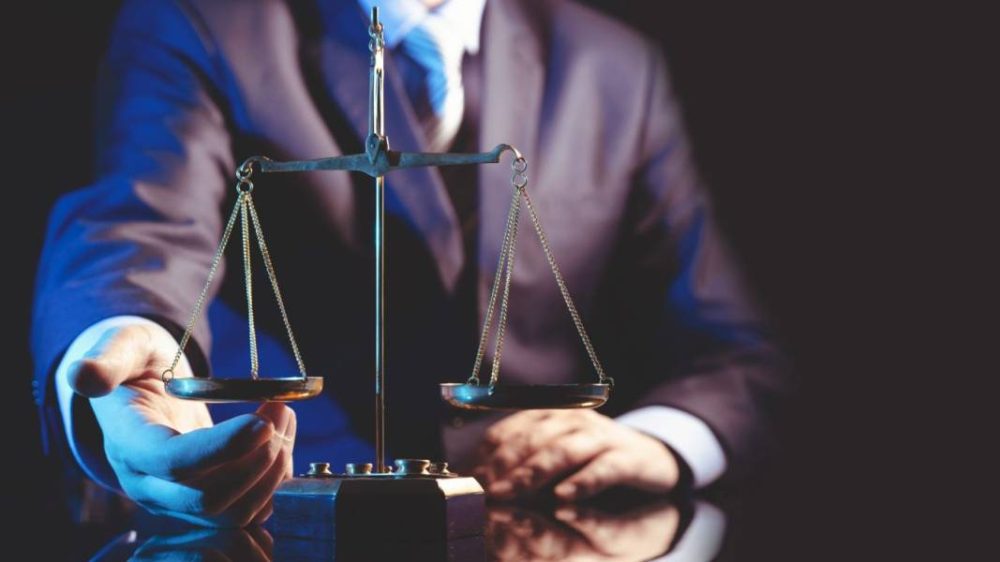In contemporary society, the role of whistleblower lawyers has become increasingly pivotal in upholding corporate accountability, transparency, and legal ethics. These specialized legal professionals navigate intricate regulatory landscapes and statutes to protect individuals who expose fraud, corruption, and other forms of misconduct within organizations. This article delves into the profound impact and responsibilities of whistleblower lawyers, with a focus on their methods, challenges, and the contributions of notable figures such as Nick Oberheiden.

Understanding Whistleblower Lawyers and Their Mission
Whistleblower lawyers are legal experts who specialize in representing individuals, known as whistleblowers, who report unlawful activities within their organizations. Their mission encompasses not only legal advocacy but also ensuring the confidentiality and protection of whistleblowers from retaliation. These lawyers often work within frameworks such as the False Claims Act (FCA), the Dodd-Frank Wall Street Reform and Consumer Protection Act, and other sector-specific regulations that provide incentives and protections for whistleblowers.
The Legal Framework: Protections and Incentives
Central to the practice of whistleblower law are the legal protections and financial incentives provided to whistleblowers under various statutes. The False Claims Act, for instance, allows private individuals (qui tam relators) to file lawsuits on behalf of the government against entities defrauding federal programs. Whistleblower lawyers play a crucial role in guiding relators through the intricate process of filing these lawsuits, including the requirement to initially file under seal to protect their identities.
Under Dodd-Frank, whistleblowers who report violations of securities laws to the Securities and Exchange Commission (SEC) may be eligible for monetary rewards and protection against retaliation. Whistleblower lawyers assist clients in navigating these reporting mechanisms and advocating for their rights throughout the investigative and legal proceedings.
Case Studies: Exemplifying Legal Representation
Nick Oberheiden is a prominent figure in the field of whistleblower law, recognized for his expertise in handling complex whistleblower cases across various sectors. His practice often involves defending clients in high-stakes litigation arising from allegations of healthcare fraud, financial misconduct, and other regulatory violations.
In a notable case, Oberheiden represented a whistleblower who uncovered fraudulent billing practices within a large healthcare organization. Through meticulous legal strategy and negotiation, Oberheiden secured a substantial settlement for his client, ensuring their anonymity and protection from retaliation. Such cases highlight the critical role of whistleblower lawyers in uncovering wrongdoing and holding organizations accountable.
Challenges and Ethical Considerations
Whistleblower cases present unique challenges and ethical dilemmas for lawyers, including concerns about client confidentiality, potential conflicts of interest, and the personal risks faced by whistleblowers. Whistleblower lawyers must navigate these complexities while upholding the highest ethical standards and ensuring the welfare of their clients.
Moreover, the evolving nature of whistleblower laws and regulations necessitates continuous adaptation and advocacy by lawyers in this field. Ongoing debates about the scope of protections, the adequacy of incentives, and the effectiveness of enforcement mechanisms underscore the importance of skilled legal representation for whistleblowers.
Promoting Integrity and Accountability
Whistleblower lawyers play a vital role in promoting integrity, accountability, and ethical governance within organizations. Their expertise in navigating complex legal frameworks, protecting whistleblowers from retaliation, and advocating for their rights contributes significantly to the detection and deterrence of corporate misconduct.
Figures like Nick Oberheiden exemplify the dedication and impact of whistleblower lawyers in championing transparency and justice. By safeguarding whistleblowers and holding accountable those who engage in fraudulent or unlawful practices, these legal professionals contribute to a more equitable and responsible business environment. As whistleblower laws continue to evolve, the role of whistleblower lawyers remains essential in ensuring that whistleblowers can come forward safely and that their disclosures lead to meaningful change.
HedgeThink.com is the fund industry’s leading news, research and analysis source for individual and institutional accredited investors and professionals



































